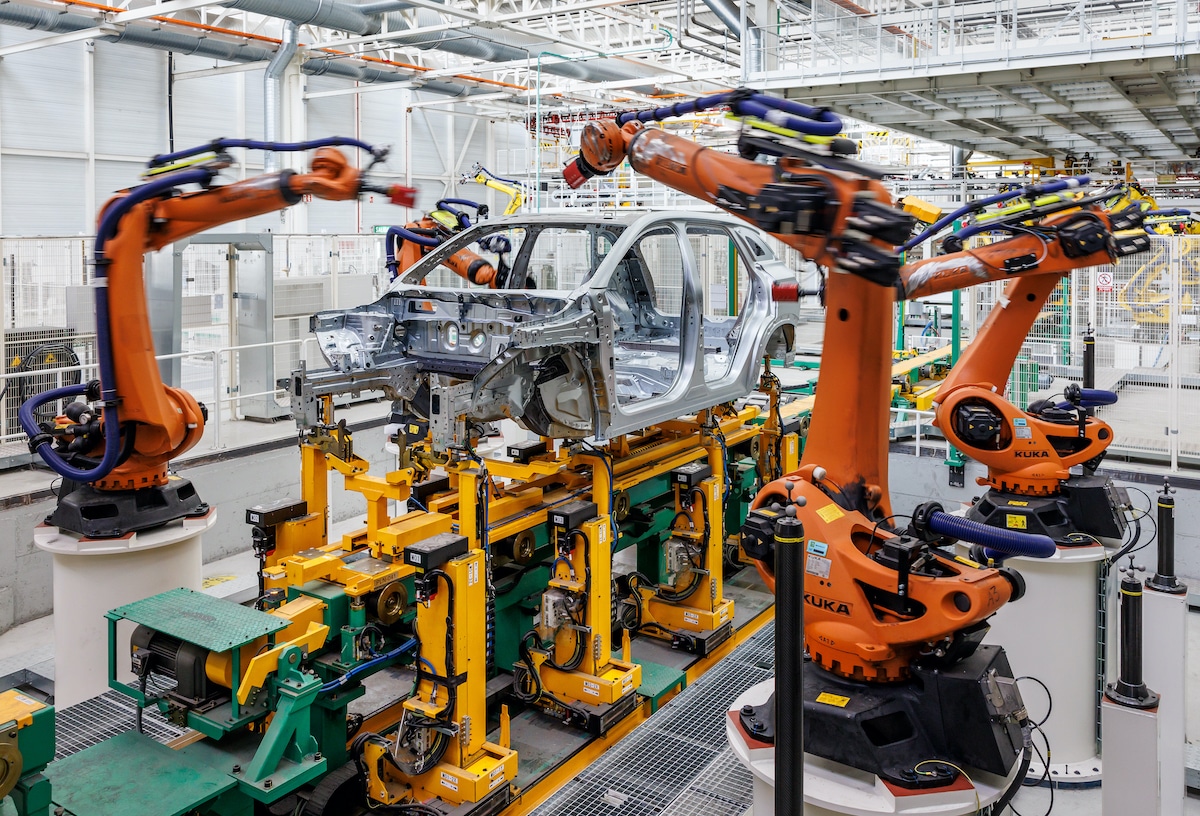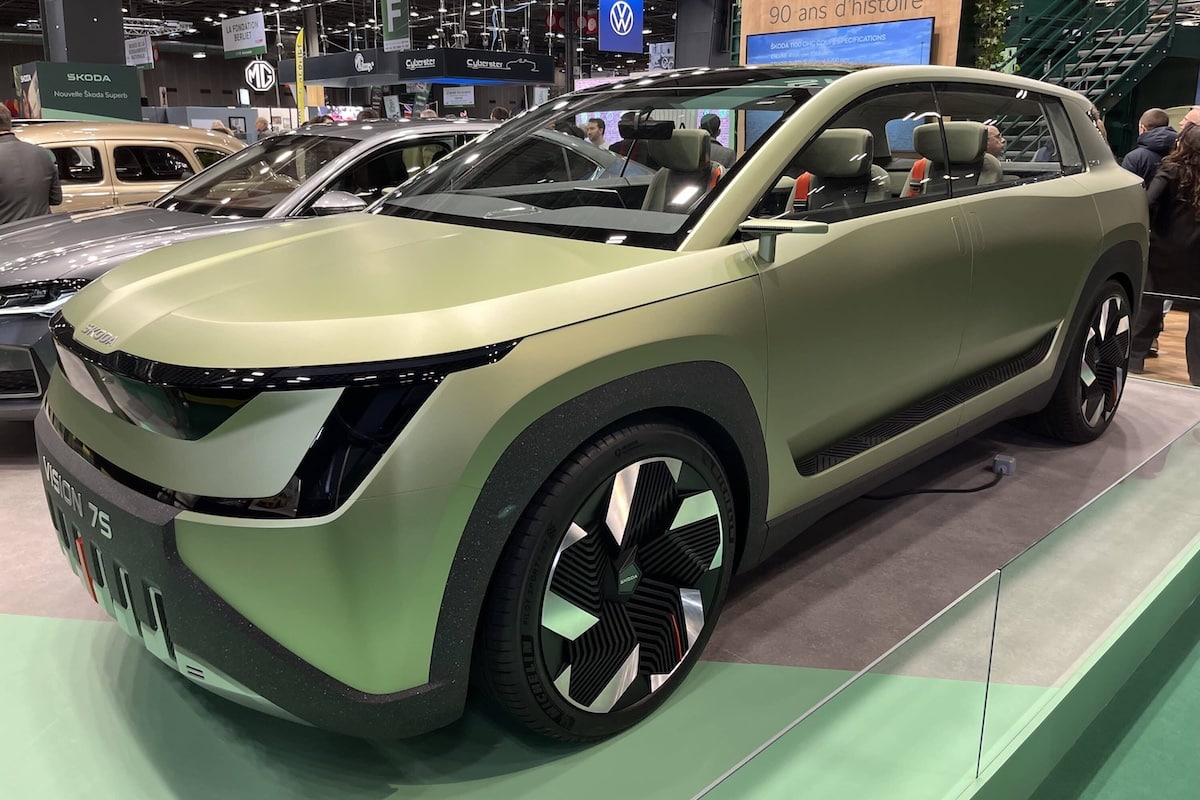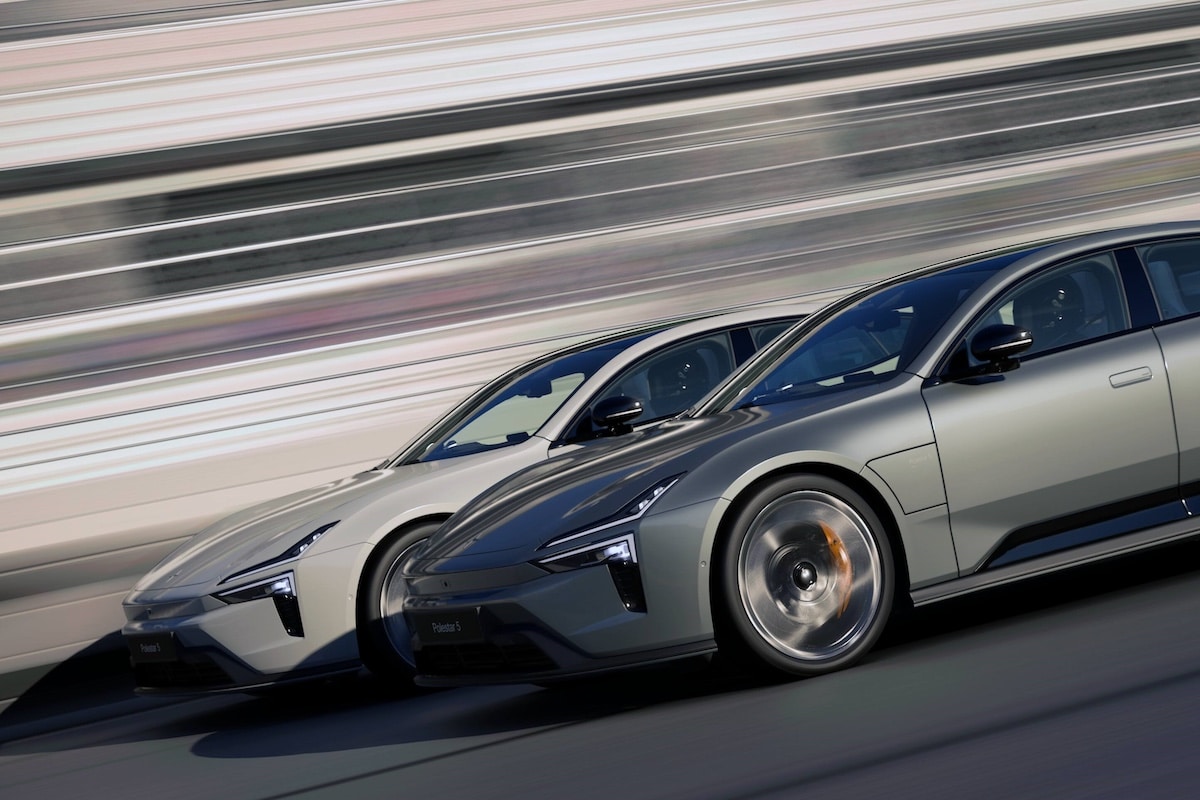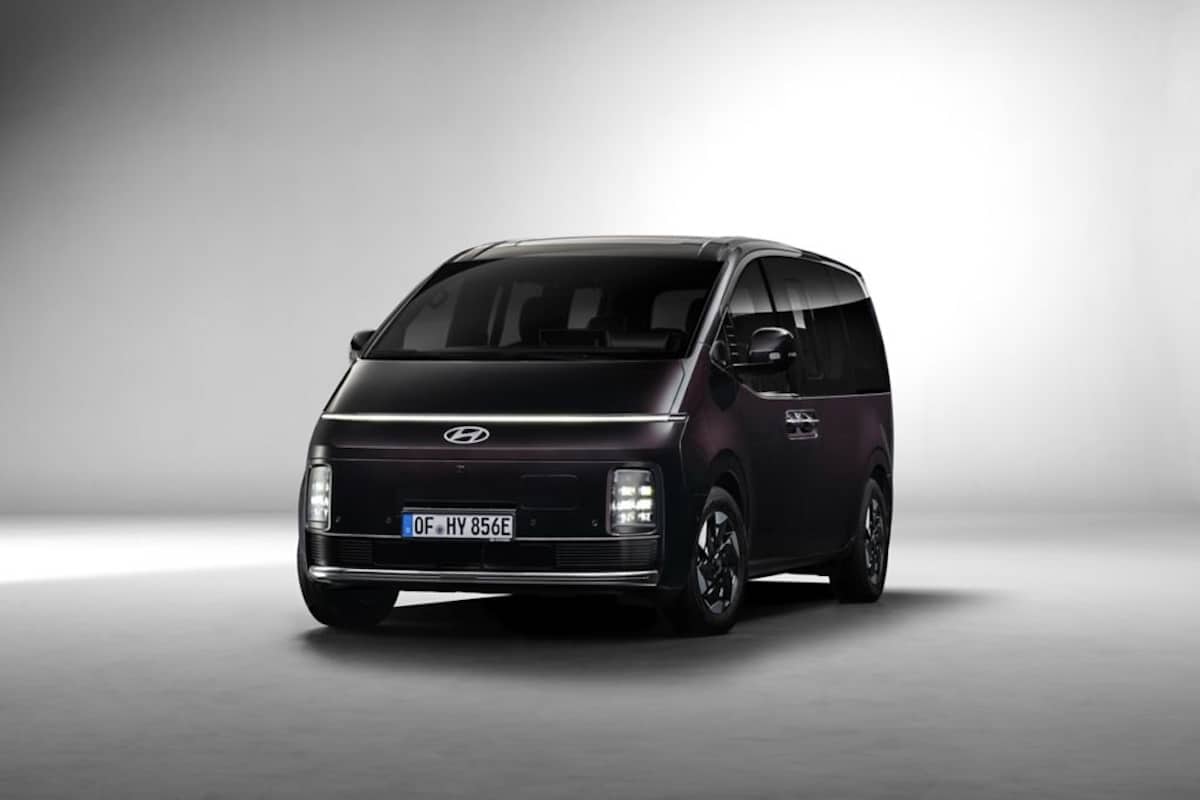Renault aims to transform its industrial model

Renault Group announces an ambitious goal to reduce its industrial costs per vehicle by 2027.
This plan supports the Revolution phase of the strategic plan Renaulution to make Renault Group the next-generation automotive company. It aims for a reduction in industrial costs per vehicle by 30% for thermal vehicles and 50% for electric vehicles by 2027. The plan will also contribute to reducing vehicle development time from three to two years. The Group is therefore stepping up its pace and setting ambitious objectives.
Renault Group was the first manufacturer to adopt an Industrial Metaverse and aims to stay ahead by accelerating the digitalization of its industrial system and strengthening team skills. Building on these assets, the Re-Industry plan seeks to boost all traditional aspects of industrial performance while reinventing production by developing innovative processes. This notably allows the Group to target a nine-hour manufacturing time for the future Renault 5.
With 12,000 connected devices worldwide, two million data points transmitted every minute, three billion per day, Renault Group’s Industrial Metaverse enables smarter, faster, and better production, while reducing costs and the carbon footprint of industrial processes. In 2023, the Metaverse helped the Group save €270 million, particularly through predictive maintenance of facilities. Connecting all workstations and, more broadly, the entire ecosystem (transport, suppliers…), is a key factor enabling Renault Group to aim for a 60% reduction in vehicle delivery time and to halve the carbon footprint of vehicle manufacturing.
Renault Group aims for a 40% reduction in energy consumption at its industrial sites by 2025 and has already achieved half of this goal since 2019. In terms of emissions from its industrial sites, Renault Group’s stated objective is to be Net Zero Carbon by 2025 for the ElectriCity hub and the Cléon site, by 2030 for sites in Europe, and by 2050 for all industrial operations worldwide.
Another key element of an industrial system’s competitiveness is its agility and flexibility. Renault Group announces the manufacturing of eight new Renault-branded vehicles in its factories. At its Curitiba site, in addition to Renault Kardian, Renault Group will produce a second model on its new platform, Renault Group Modular Platform. In Turkey, at its Bursa site, the Group plans to produce four new models by 2027. The Group will therefore be able to launch no less than 12 new models in 2024.
This page is translated from the original post "Renault veut transformer son modèle industriel" in French.
We also suggestthese articles:
Also read



